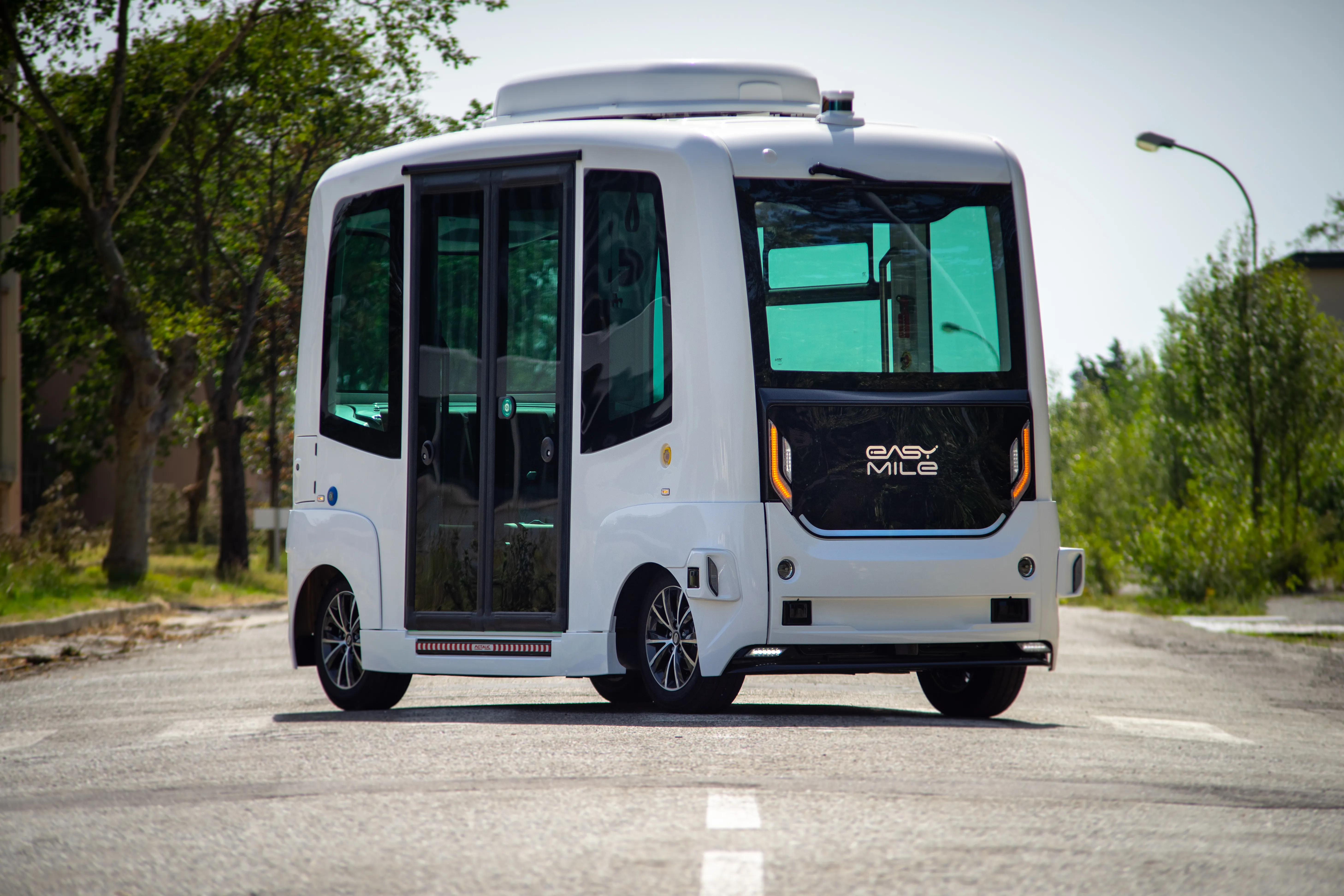Switzerland is testing its first autonomous vehicle (AV) on the streets of Zurich. Developed in cooperation with Swiss telecommunications group Swisscom, the Federal Department of Environment, Transport, Energy and Communications (UVEK) and Germany’s Autonomos Labs, the heavily modified VW Passat has been equipped with sensors, computers and software.
The computer system drives, steers and brakes the vehicle autonomously and detects other vehicles and pedestrians by means of laser scanners, radar and vid
May 15, 2015
Read time: 2 mins
Switzerland is testing its first autonomous vehicle (AV) on the streets of Zurich. Developed in cooperation with Swiss telecommunications group Swisscom, the Federal Department of Environment, Transport, Energy and Communications (UVEK) and Germany’s Autonomos Labs, the heavily modified VW Passat has been equipped with sensors, computers and software.
The computer system drives, steers and brakes the vehicle autonomously and detects other vehicles and pedestrians by means of laser scanners, radar and video cameras. Special software analyses the data, recognises driving situations and issues driving commands to the central operating system.
Between 4 and 14 May 2015, the car will be taken on test drives on UVEK-specified routes through Zurich. Specially trained drivers will behind the wheel to ensure safety.
The AV project will enable Swisscom to gather empirical data and gain insights for future mobility systems and how they interact with communication networks, other traffic and the environment.
As a leading ICT provider, Swisscom is perfectly positioned to network cars, objects and people. Christian Petit, head of Swisscom Enterprise Customers, says: “Swisscom is not turning into a car manufacturer. But future innovations in the automotive industry will centre on networking with the environment. For this reason, the driverless car is a prime example of digitisation and therefore of great interest to us.”
The computer system drives, steers and brakes the vehicle autonomously and detects other vehicles and pedestrians by means of laser scanners, radar and video cameras. Special software analyses the data, recognises driving situations and issues driving commands to the central operating system.
Between 4 and 14 May 2015, the car will be taken on test drives on UVEK-specified routes through Zurich. Specially trained drivers will behind the wheel to ensure safety.
The AV project will enable Swisscom to gather empirical data and gain insights for future mobility systems and how they interact with communication networks, other traffic and the environment.
As a leading ICT provider, Swisscom is perfectly positioned to network cars, objects and people. Christian Petit, head of Swisscom Enterprise Customers, says: “Swisscom is not turning into a car manufacturer. But future innovations in the automotive industry will centre on networking with the environment. For this reason, the driverless car is a prime example of digitisation and therefore of great interest to us.”








